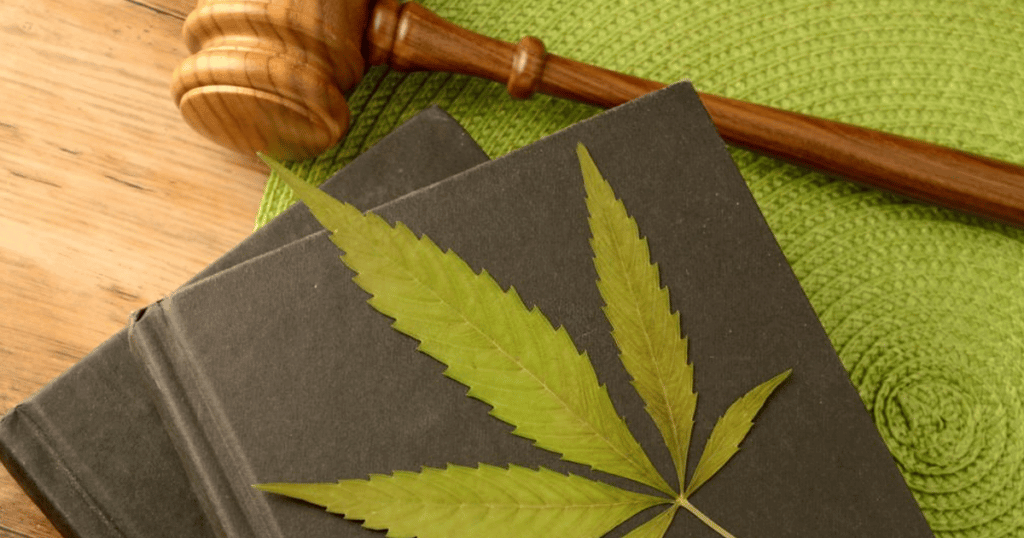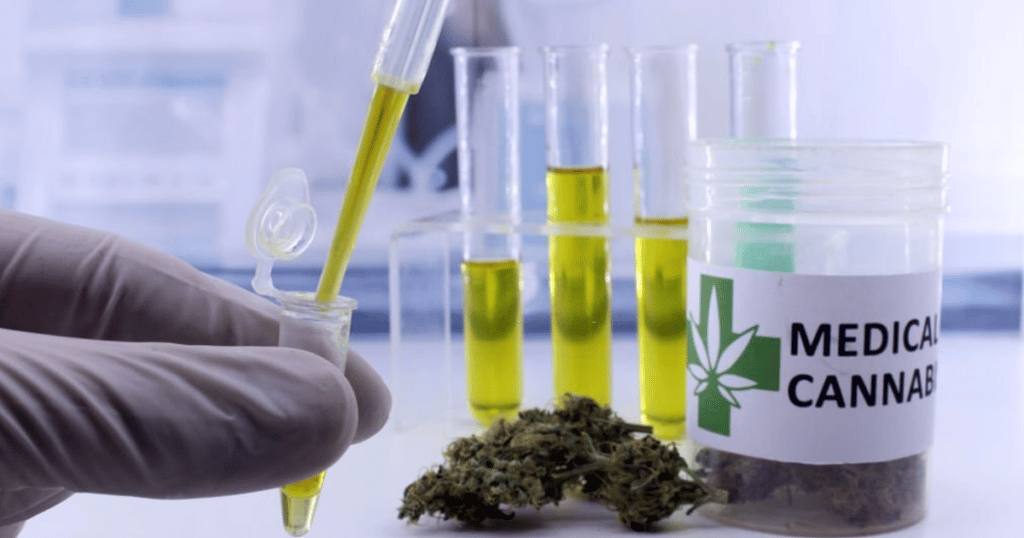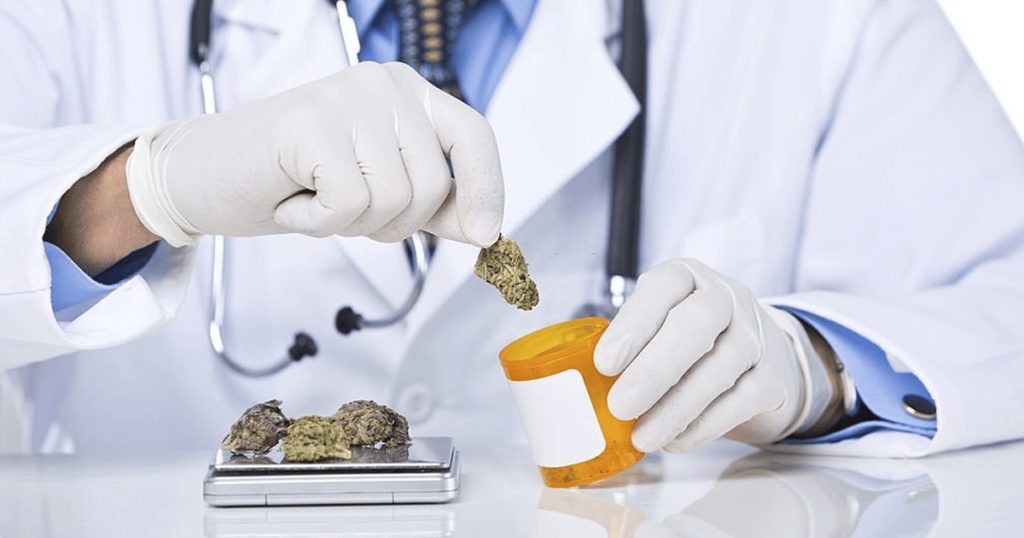Drug testing has been a long-standing discriminatory practice in the American hiring system. Even in states where medical/recreational cannabis is legalized, private employers retain the right to drug test employees – and fire them if fitting.
Patients with medical marijuana licenses are not exempt from this practice either; people with epilepsy, insomnia, or chronic pain who are currently treating their symptoms with cannabis are victim to discriminatory, ableist hiring practices that are completely legal.
Luckily, the Louisiana State Senate recently passed a bill intended to protect state employees from this employment standard.
The Louisiana Bill
The new law, passed by Gov. John Bell Edwards (D) and put forth by Rep. Mandie Landry (D) stipulates that no state employer “shall subject an employee or prospective employee to negative employment consequences” for a positive THC test result, permitting they’re a registered medical cannabis patient with a recommendation from a licensed physician.
Employees found to be intoxicated on the job site can still be subject to repercussions. Additionally, if a worker’s job requires them to operate a vehicle or if they are employed in one of the following fields: “emergency medical services, law enforcement, public safety officials, any state employee of the horse racing commission, and firefighter services,” they may still face adverse employment actions for testing positive for marijuana metabolites.
Providing medicinal cannabis workplace rights for state employees is simply one of the first steps toward larger reform, Landry said in a statement for Marijuana Moment. This could also be one of the initial steps toward full adult-use legalization or better drug-testing laws in the private sector. “I think we’ll be able to come up—at least with industries or different areas of employment—that we can expand it pretty easily,” Landry said. “We’ll be able to come up with ideas and legislation in terms of expanding these protections statewide.”
Landry claims that one of the difficulties in adult-use legalization is the absence of reliable tests for marijuana’s active impairment at the moment. Without such tests, it will probably be harder to persuade more staunchly anti-cannabis members to support extending workplace rights for patients.

Marijuana Testing And Its Flaws
Approximately 37.6 million people use marijuana annually in the United States, making it the most widely used Schedule 1 drug, according to the Centers for Disease Control and Prevention (CDC). Despite the fact that marijuana remains illegal at the federal level, many states in the U.S. have approved it for medical or recreational use. The recreational use of marijuana has also been made legal in Uruguay and Canada.
According to Dr. Barry Sample, head of science and technology for employer solutions at Quest Diagnostics, businesses who continue to test for marijuana have noticed an increase in the number of current and prospective employees who test positive for the drug after its legalization.
“For the general workforce test, if we look at the positivity rates in recreational use states and medical use states, there’s very little difference in positivity,” he explains. “Where you see the difference, really and not surprisingly, is in the recreational use states and the non-recreational use states.”
The testing, though, only shows if someone has used marijuana in the past three weeks (approximately). “What you need to remember is it doesn’t matter if it’s urine, oral fluid or hair testing—it just reflects use,” he says. “It doesn’t inform you whether someone was impaired or what their usage patterns are.”
Due to marijuana’s Schedule 1 classification, it has been challenging to undertake more extensive research and comprehend how it affects the human body. This has also made it difficult for researchers to establish, like with alcohol, the threshold for impairment following marijuana use.
Tetrahydrocannabinol (THC) content in marijuana influences its potency, and the effects it has on users can vary greatly depending on their body weight, the mode of consumption (smoking versus edibles), and usage patterns (occasional versus every day, for example). Because cannabis affects everyone so differently, coming up with a drug test to determine impairment is nearly impossible.

The current drug-testing technology is simply inadequate when it comes to determining frequency of use or levels of intoxication, and despite this, simply testing positive for cannabis is enough to get you sacked at some companies.
This practice is not only ableist, but it carries potential racial implications as well. Drug testing cannot accurately determine intoxication, all it does is show employers who smokes weed in their free time and who doesn’t – something that is none of your employer’s business.
Enjoyed that first hit? Come chill with us every week at the Friday Sesh for a freshly packed bowl of the week’s best cannabis news!

















